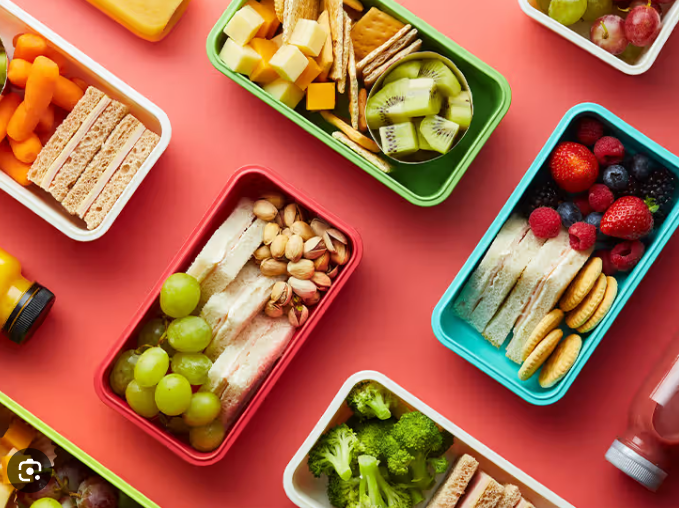Strategies for Cleaning Up Your Eating Habits
These are some of the best general strategies for improving your habits:
- Work with a professional nutritionist or dietician. Personalized nutrition advice from a nutritionist or dietician can be incredibly valuable for your long-term health. Instead of reading generic tips and tricks, you’ll get the advice you need, exactly when you need it. You’ll also have a true expert who can teach you about the fundamental building blocks of nutrition, so you can understand it from the ground level. Best of all, you can work with your nutritional consultant for as long as you like; if you need ongoing support for years, they can help you with that. If you only need a few months to learn the basics and spark your major lifestyle change, they can help you with that, too.
- Get a buddy. Another important strategy is to get a buddy who’s going to clean up their eating habits at the same time you are. The two of you can exchange information, support each other in your struggles, make recommendations for newbies to try or restaurants to visit, and even cook for each other. It’s much easier to eat healthier when you have someone doing it with you.
- Focus on macros. Rather than obsessing over the little details of everything you eat, zoom out and look at the big picture. Pay attention to the number of calories you consume every day as well as the balance of macronutrients that you consume; the three most important ones are carbohydrates, proteins, and fats. Generally, shifting your diet to include more protein and fewer carbohydrates (especially simple carbohydrates like sugar) is favorable to achieving a more manageable weight and better health.
- Read every nutrition label. Even if you don’t fully understand all the line items on a standard nutritional label, you should read every nutritional label on every product you buy. Over time, you’ll get a sense of the nutritional values of your favorite foods, and you’ll likely learn more about each individual line item. This is also a habit of mindfulness that can make you more aware of your food choices on a daily basis.
- Stop buying tempting foods. Many people continue indulging in unhealthy foods and bad habits simply because they’re so mindlessly accessible. If you have multiple boxes of junk food in your pantry, you’ll likely turn to them when you have a craving for them. But if you simply stop buying tempting foods, and stop keeping them in your home, you’ll be much better capable of resisting those temptations.
- Prep your meals in advance. Similarly, many people visit restaurants or buy processed foods out of convenience; occasional indulgences aren’t going to hurt your health much, but as a routine, you should prep your meals in advance to avoid these temptations. Prepare healthy lunches and meals “on the go” for yourself so you don’t need to resort to unhealthier options.
- Have “safe” snacks on hand, always. It’s also a good idea to have some safe snacks on hand, all the time. If you’re never further than arm’s reach from healthy snacks like raw vegetables, fruits, nuts, and whole grains, you’ll always have reliable, nutritious materials to satiate your hunger, so you don’t wander over to the vending machine full of candy bars.
- Switch to water. Staying hydrated is highly beneficial for your health, mood, and cognition. Plus, water is generally abundant and inexpensive, so there’s no excuse not to drink enough water. Yet, many people choose carbonated soft drinks, sugary juices, and milkshake-like coffee products to drink instead. As much as possible, water should be your drink of choice, and you should work to eliminate other drinks that, while tasty, artificially inflate the number of calories you consume every day.
- Make substitutions. Instead of making sacrifices, make substitutions. Are there recipes you can adapt with healthier ingredients to make them equally palatable but more nutritious? Are there unhealthy junk foods you can replace with healthier counterparts that scratch the same itch?
- Focus on sustainable changes. Don’t overdo it, or you might burn out. Instead, focus on making smaller, sustainable changes; what eating habit changes will you be able to live with for years?
Staying Motivated
As you can see, most of the strategies on this list are accessible and, for lack of a better term, simple. However, it’s hard for many people to change their eating habits and sustain an ideal level of fitness. That’s mostly because it’s difficult to stay motivated, especially when you’re constantly tempted by tastier or more accessible junk foods – or gigantic portion sizes offered by major restaurants. The real secret to improving your nutritional intake is finding a way to keep that motivation. So what’s keeping you motivated to eat clean? And how can you maintain it?





